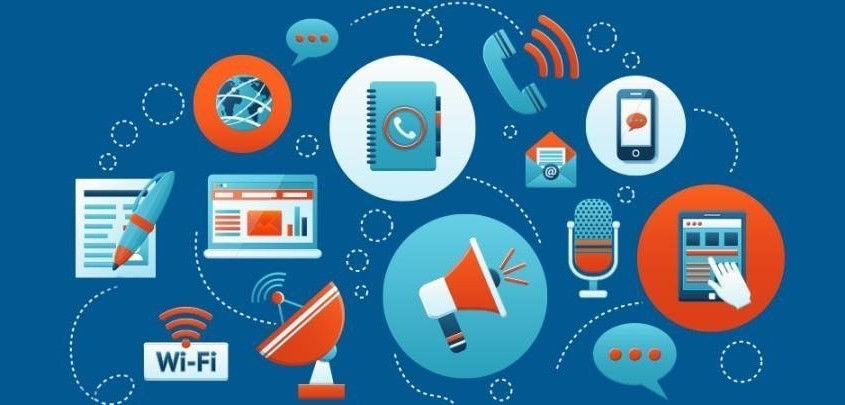 What is the future of healthcare? In five or ten years, how will patients experience care and how will clinicians deliver it? And what role will security and IT operations play in keeping critical functions online and secure?
What is the future of healthcare? In five or ten years, how will patients experience care and how will clinicians deliver it? And what role will security and IT operations play in keeping critical functions online and secure?
Today the Internet of Things, or simple IoT, improves access to quality care and reduces costs by connecting equipment, patients, staff, and much more. Professional healthcare software development companies have just begun to scratch the service, and the possibilities ahead are endless. So, we suggest that you take a closer look at the major benefits of the IoT and dedicated healthcare applications in today’s world. Hopefully, the information provided below will help you tap into the power of modern technologies and contribute to strengthening of the healthcare systems by creating digitally-enabled solutions.
Telemedicine Applications
The use of digital health solutions at home makes it possible to collect data and track wellness, in this way changing the management of chronic pain and disease. Soon, these data will be integrated seamlessly into electronic health records, which will enable healthcare providers to remotely monitor their patients in real time. So, it will be more common to meet with your doctor from home through telemedicine.
Currently, more and more telemedicine applications are being deployed. These solutions go a long way towards helping doctors effectively monitor their patient’s condition by taking their vital signs remotely and assessing a patient’s health status during online consultations. Such apps as MDLIVE, LiveHealth, Teladoc, etc. allow patients to get more timely assistance and consultation for non-emergency issues from the comfort of their home.
Augmented Reality Applications
Augmented reality, which uses digital images superimposed on live content and virtual reality and allows rendering an artificial 3D environment, are some of the hottest technologies used today. In healthcare, they can be used to treat patients with various addictions, phobias, and post-traumatic stress disorders. These techs also can assist doctors in learning about anatomy and testing various surgical techniques.
AR apps are also widely used today to promote collaborative surgeries and in conducting online meetings. It’s no secret that there are situations where the presence of a physical or other healthcare expert is impossible due to a number of objective reasons. AR technologies allow eliminating geographical barriers and removing obstacles.
Augmented reality solutions are also effective in simplifying the provision of healthcare consulting services. AR apps currently enable doctors to advise patients on the most effective options for treatment, make corrections to the current treatment regime, and provide timely consultations to clients.
In the near future, both clinicians and their patients will be able to look at 3D visualizations of internal organs.
Artificial Intelligence
It’s a rare person who is yet unaware of the opportunities artificial intelligence, or AI, opens for modern industries. And healthcare is no exception.
Artificial intelligence provides the ability for computerized machines to actually mimic human thought processes. AI, combined with natural language processing, could provide clinical decision support, such as automated symptom triage. In the future, AI will be able to break through boundaries in ways we can’t even conceive of so far.
Robotics
Already used in medicine for transportation, pharmacy automation, surgery assistance, and more, robotics is becoming an essential part of humanity’s future. With Wi-Fi 6 and real-time haptic feedback, doctors could perform surgeries enhanced by AI.
Everything you do today and tomorrow, from deploying telemedicine services to implementing AI for clinical decision support, depends on a strong IT infrastructure. All your systems, network, mobility, collaboration, security, and data center need to work together seamlessly and harmoniously to adapt to the changing face of medicine. And there are professionals experienced and well versed in developing and deploying dedicated healthcare software. Today, you can also change the healthcare landscape for the better if you harness new technologies and put them to the service of a noble cause.
Learn more
Starting a business in the healthcare industry is open to almost any type of person. Although many doctors and nurses do go on to start their own ...
Technology has revolutionized every industry you can think of. Manufacturing (due to automated processes which improve efficiency and productivity ...
In the healthcare sector, there is no other word like malpractice that elicits so much anger, confusion, and fear. Medical malpractice is a topic ...
Depending on what state you intend to practice in, you may or may not be required to be under the direct supervision of a licensed physician. This ...
As technology evolves, so too does our ability to keep track of all aspects of life – from our finances to our medical health. Wearable technologi ...







